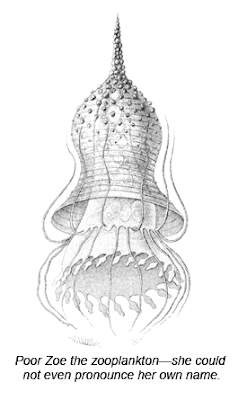We occasionally still use the old positive meaning of the word “bully” when congratulating somebody (sincerely or sarcastically) by saying “Bully for you!” A century ago “bully” meant “good,” “great.”
That’s why Theodore Roosevelt called the American presidency a “bully pulpit,” meaning that it provided him an outstanding platform from which to preach his ideas. The expression is often misused by writers who mistakenly think it has something to do with preaching at people in a bullying way.

___________
This is the tenth year of the Common Errors in English Usage calendar. To celebrate, we are bringing back some of our favorite interesting, funny, but sometimes merely silly entries through the years before going on hiatus in 2016.
Enjoy the calendar? Buy the book!





























